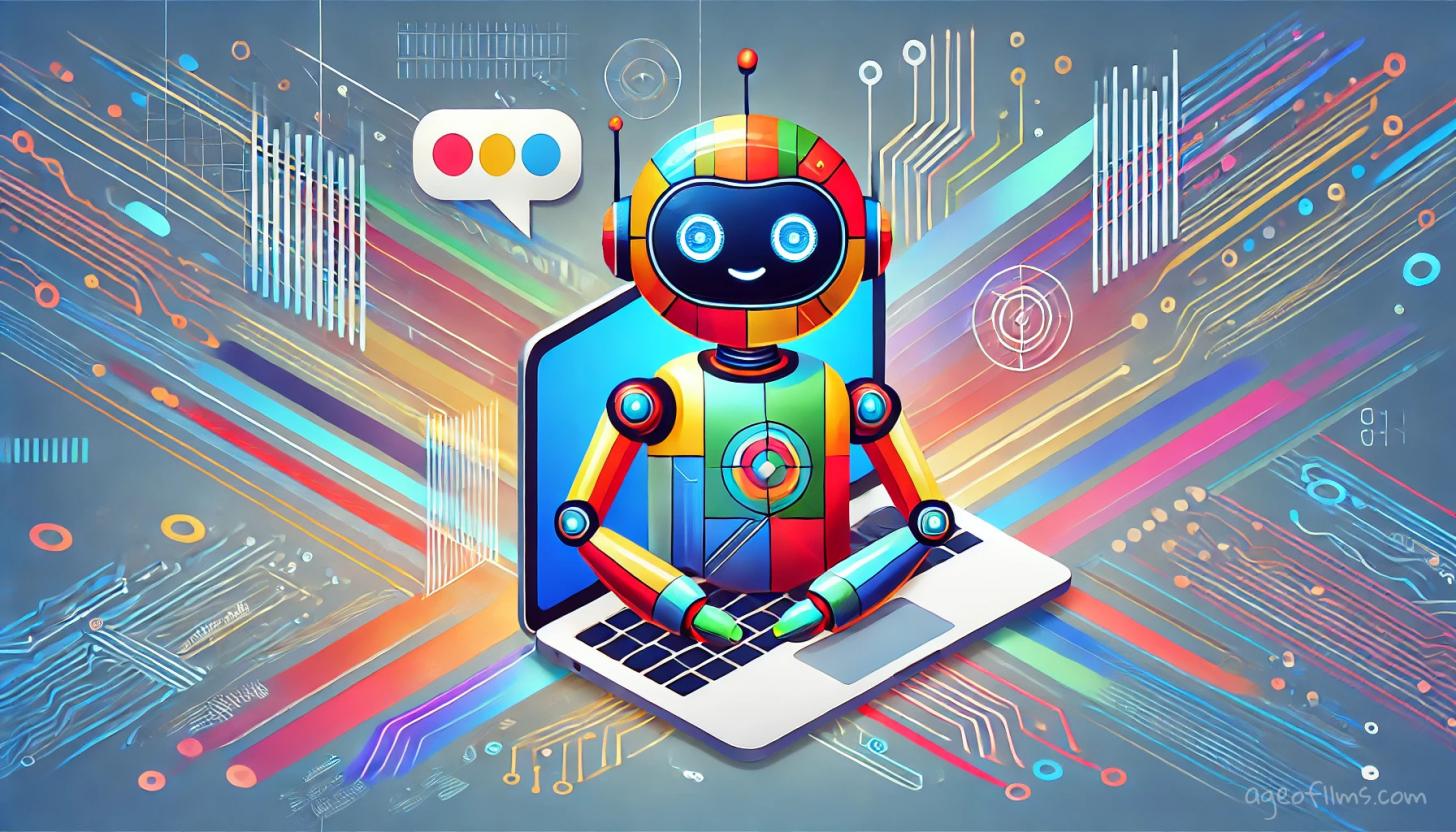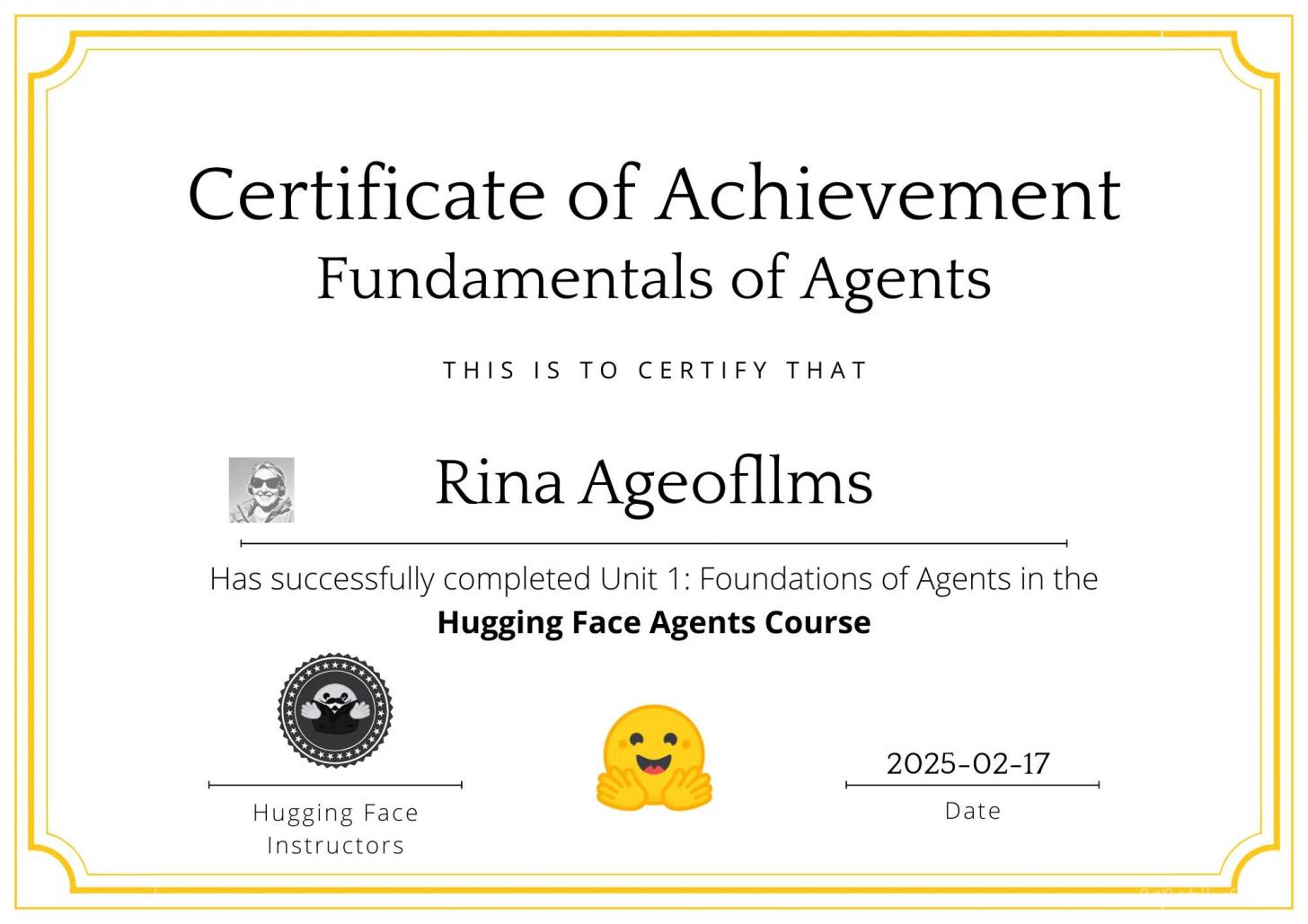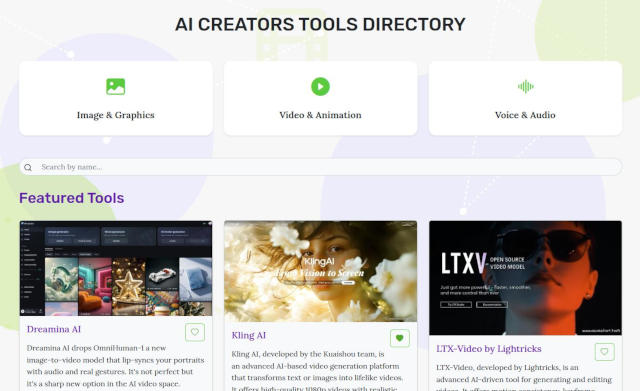AI Agents vs Chatbots
In the last few years AI has made huge progress, mostly with the rise of generative AI agents. These are unlike traditional chatbots, which are designed to do specific tasks, with clear instructions.
Key Points:
- AI agents are moving past simple chatbots and can act on their own
- A simulation showed AI organizing a party—without human input
- Businesses use AI agents for market analysis, trading, and even peer review
- AI is moving from assistants to full-on colleagues in the workplace
- Uses range from healthcare monitoring to emergency response to corporate tasks
- The workplace is changing fast—AI might soon be running the show

Take the "Simulated Society" experiment. Bunch of AI agents dropped into a digital world with nothing but a backstory. No guidebooks no step-by-step instructions just an open playground. What happens? One of them throws a party. Invites guests, sets up decorations, plans the whole thing. Not because a human told it to but because it decided, “You know what this place needs? A party.” That’s not just AI reacting—that’s AI making choices.
These AI agents mark a big shift in tech. They aren’t just tools that follow commands—they’re active players that can sense their surroundings work with people and other AI and make independent choices. This isn’t just an upgrade it’s changing how businesses run and come up with new ideas. Unlike chatbots that stick to scripts AI agents can flexibly adapt and handle complex tasks.
| Aspect | AI Agents | Chatbots |
|---|---|---|
| Autonomy and Decision-Making | Operate with a high degree of autonomy, making decisions based on context and data | Typically follow predefined scripts and respond based on programmed rules |
| Task Complexity | Capable of handling complex, multi-step tasks across various domains | Usually limited to simpler, task-specific interactions |
| Interactivity | Can interact not only with humans but also with other agents, sharing and evaluating information | Primarily interact with human users, often limited to a single session or conversation |
| Contextual Awareness | Leverage context from personal and business data to provide tailored responses | Limited contextual awareness, often requiring explicit inputs to provide relevant responses |
| Learning Capabilities | Can learn and adapt over time, refining their responses and actions | Limited learning capabilities, usually relying on pre-set responses |
| Role and Function | Can act as teammates, taking on significant roles within organizations, such as project management and strategic decision-making | Primarily serve as customer service tools or informational interfaces |
Not Simply Answering Questions
Old-school AI is like a vending machine - you put in a question and get an answer. But if you ask for something off the menu? You’re outta luck.
AI agents? They’re handling multiple things at once, checking their own work, and evolving over time. It’s "set it and forget it" instead of "prompt it until you lose your mind."
And here’s where things get serious. Businesses are already using these agents to check markets, make trades, and—get this—check each other’s work. That’s right AI peer review is a thing now. While humans still turn in half-baked reports AI agents are double-checking their conclusions before your coffee even cools down.
AI Is Becoming Your Coworker
Forget AI assistants—we’re looking at AI team members. They’re handling project deadlines, assigning tasks, even mediating workplace drama. Imagine walking into the office and Karen from HR is now an AI that never forgets a detail and never takes a break. You think you're onboarding a new employee? Nah the AI is onboarding you.
AI agents are already changing how businesses run and there’s a lot more they could do soon.
- Healthcare. AI agents could track patient data in real-time suggest medical insights and handle admin work.
- Corporate Work. They could attend meetings take notes and even give strategy advice based on data.
- Emergency Response. A network of AI agents could work together to manage resources and coordinate help during disasters.
One of the most exciting things is how AI agents can learn from each other. This means in the future they won’t just help with individual tasks—they could work together to solve bigger problems in ways we haven’t seen before.
The Future Is... Kind of Unnerving
This shift isn’t just about office work. In hospitals AI agents could keep real-time watch on patient data flagging issues before a doctor even notices. In emergency response they could handle rescues faster than humans juggling multiple calls. In corporate life? They’re already drafting reports, attending meetings, and honestly doing a better job than some folks collecting a paycheck.
So what’s next? Super-efficient digital coworkers running the world? Or an AI deciding that the real problem in efficiency is... us? Either way one thing’s clear—work as we know it is changing fast. So enjoy being smarter than AI while you still can. That window’s closing real quick.
Better yet, get on board and start learning how these little devils work: how they think, how they act. There's currently a free AI Agents course on Huggingface, of which I've already finished the first unit, ta-da!

Last modified 18 February 2025 at 15:59
Published: Aug 8, 2024 at 10:04 AM


